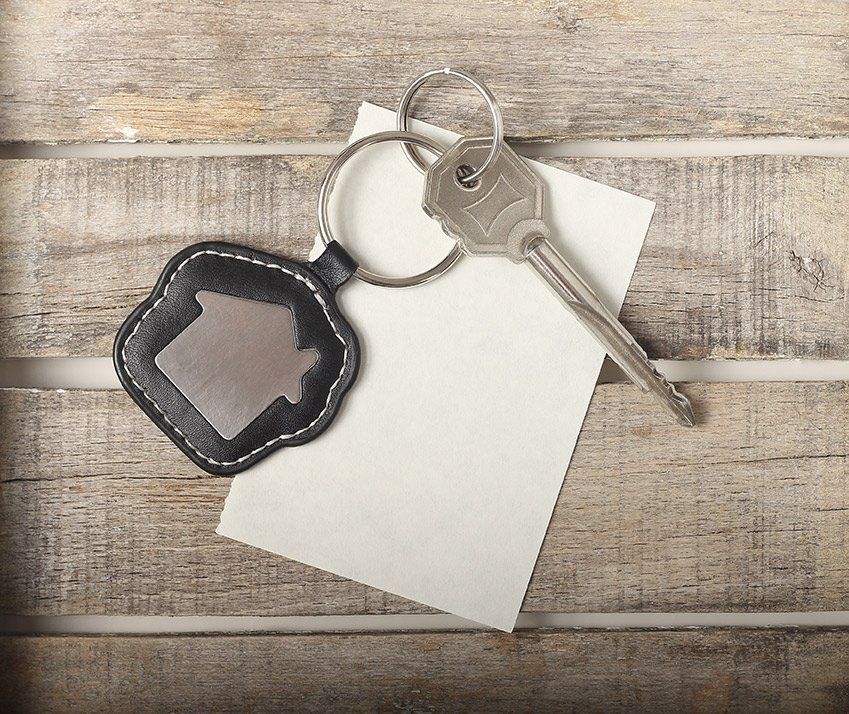
How to know you have the right insurance cover - Life Insurances
Life insurances can be pretty confusing. There are so many products out there, and you
never quite know which ones are best for you. And then, having decided on the type of insurance, there's the question of how much should you insure for? And when should you start with life insurance?
One thing is for sure, however, living without any form of life-based insurance cover leaves your personal and business finances in a dangerous position. One of the most common ways of falling into debt is through the unexpected need to replace a lost or damaged asset that was not insured, and your greatest asset is your ability to earn. If that was suddenly removed from you, debt could quickly follow.
Here's Futurisk's quick guide to life-based insurances.
In terms of life-based insurances there are two aspects of cover you should consider to avoid potential debt for yourself or your dependents.
The first is life insurance; this protects your dependents in the case of anything happening to you. The second is income protection insurance; this protects you and your dependents in a situation where you are unable to work because of some sort of illness.
Let's look at these insurances more closely:
Life insurances:
The important thing to remember about life insurance is that it's not for you. Sure, it's your life that's insured, but the policy is for the benefit of your dependents. It's to ensure that they are able to live with some quality of lifestyle in the event that you're not there to provide for them.
There are two types of life insurance policy:
- Term life insurance:
Term life insurance agrees to pay your dependents or your estate an agreed amount if you die. The policy usually runs for a set term. That means, when you reach a certain age the
cover ceases. You know longer pay premiums and you're no longer covered.
Most people choose an age of about 65, a time when they no longer have children dependent on them, and have some income because they're receiving the pension.
Because the insurance company realises the chance of you dying before this age is relatively slim, premiums are adjusted accordingly. This is why the premiums are usually lower than for the second type of life insurance.
- Whole of life or endowment insurance:
Whole of life insurance (sometimes called endowment insurance) tends to be more expensive than straight life insurance because it combines life insurance with a savings or investment component.
Endowment policies still mature when you reach a previously nominated age (usually 65), but you receive a lump sum. At that point the policy and premium payments cease.
If you die before reaching that age, your estate receives the agreed insurance pay-out.
Which life-insurance should I go for?
Term life insurance or a whole of life policy, which one should you go for?
The obvious advantage of a whole of life policy is that it's like a savings account. You pay your premiums, and at a certain age you get something back. The disadvantage is that, for all that time, the premiums are higher.
The question to ask when deciding which policy to go for is this, "If I go for the cheaper (term life insurance) policy, what will I do with the money saved?"
If the answer is that you would squander it, then an endowment policy with the compulsory savings component is perfect for you. If, however, you're able to be more disciplined and put that money aside in some sort of investment for the future, then you might consider doing that and going for a term life policy.
Insurances to protect your income:
We almost always insure our most valuable assets-it's crazy not to! So, you've probably taken out insurance on your house, your car, your possessions... but none of these are your most valuable asset.
Your most valuable asset is your ability to earn an income, and this needs to be protected because without it, you cannot pay your bills.
There are two ways to protect your income:
- Income protection insurance, sometimes called disability insurance.
Most income protection policies will, in the event of you being unable to work as a result of illness or injury, pay you up to 75% of your previous taxable income for a pre-specified term. As part of the policy, you can usually choose a stand-down period of four, eight, or 13 weeks before any income is paid out. The length of stand-down you select will be reflected in the premium you are charged - the longer the stand-down, the lower the premium.
So, income protection means you continue to get a weekly payment despite being unable to work.
- Trauma or crisis insurance, sometimes referred to as critical illness insurance.
This policy provides a lump sum on the diagnosis of certain specified critical conditions such as, serious cancer, heart disease and stroke. Some people say, it's like life insurance, but you don't have to die!
What this means is, if you're seriously ill and need to take time off work, you'll be paid a lump sum to help with medical expenses, living expenses etc. That lump sum is agreed at the time you purchase the policy and, the greater the lump sum, the higher the policy premiums.
So, in short, income protection pays a percentage of your income; trauma insurance pays a lump sum.
Do I need to protect my income?
The simple answer to this is, "Yes." Everyone needs to protect their income in case of an accident or illness. However, when considering income protection insurance you need to consider the value of it by weighing up your income, occupation and any offsets such as ACC payments and the like.
For instance, if you are earning $40,000 per year, it may be that you would be eligible for that amount via a sickness benefit should you become ill. It nullifies the need for income protection insurance.
One thing is for sure:
Whenever you take out insurance, read all documents carefully so you know what's covered and what's not. To get proper advice on life insurances we recommend that you speak to an accredited insurance agent.
You can ask a Futurisk Insurance Representative to contact you by clicking here
and filling in the email form.










ANZ

AIA

NIB

Partnerslife

Southern Cross

Perpetual Guardian

Westpac

Vero

FANZ
Freephone: 0800 17 18 19 or
Freephone:
0800 17 18 19
or
Under the new financial advice regime rolled out on 15th March 2021, we are required to provide publicly available information on our company. Click here for our company information.


